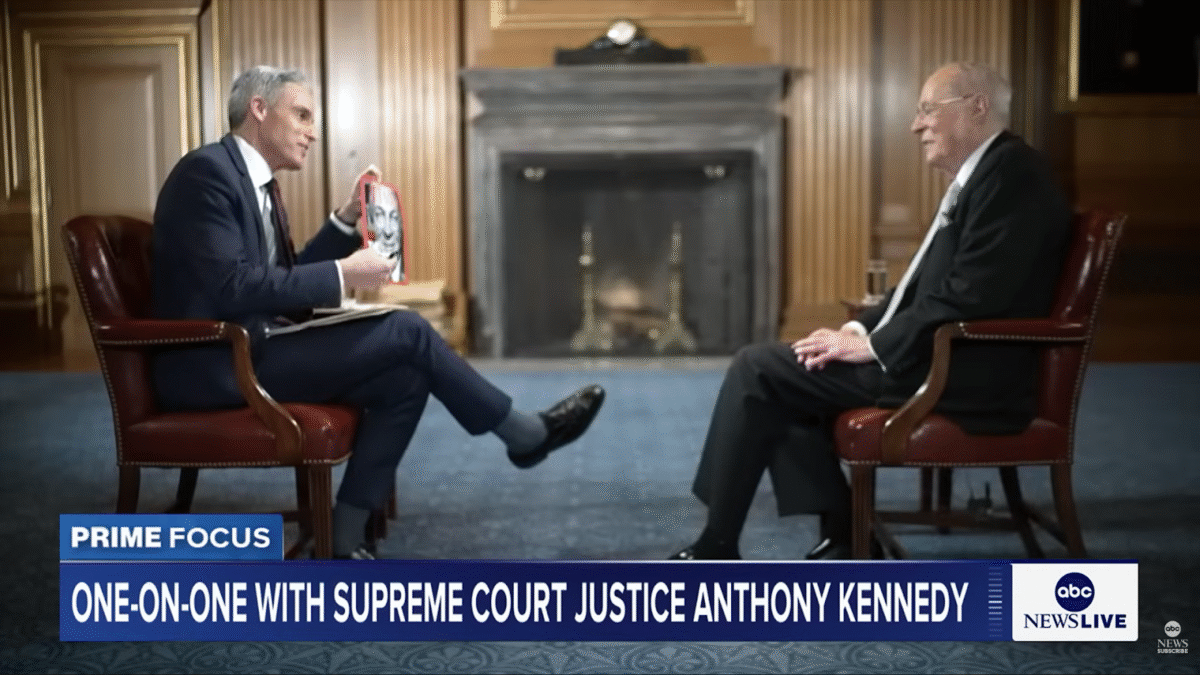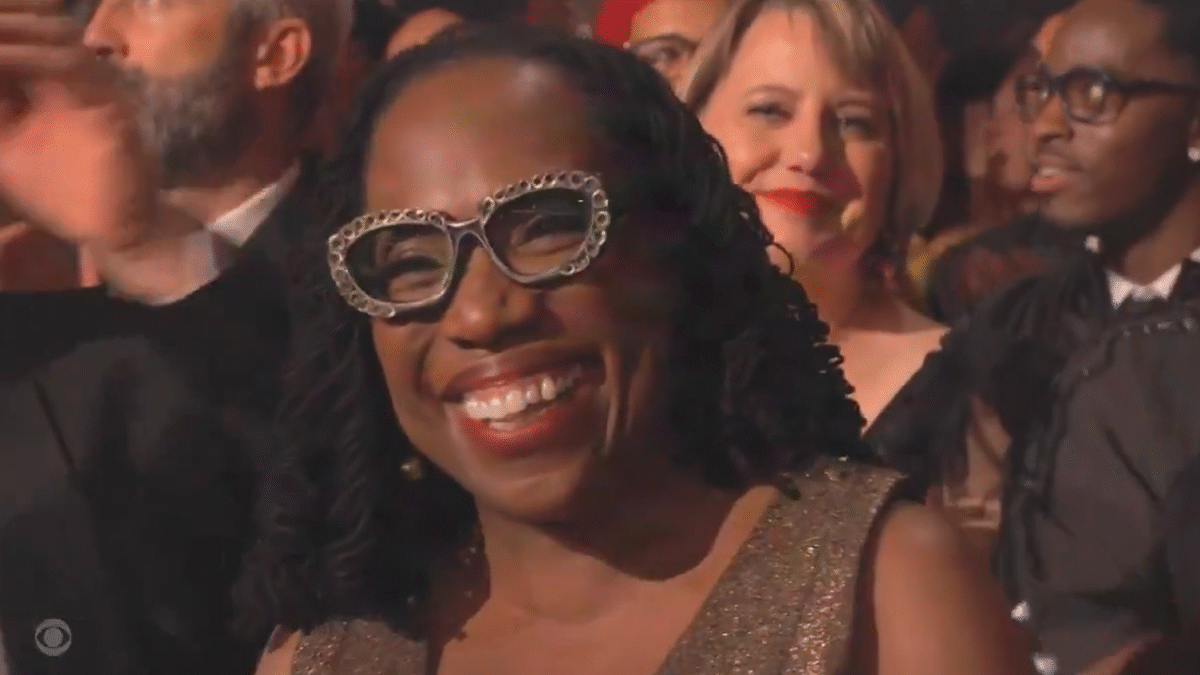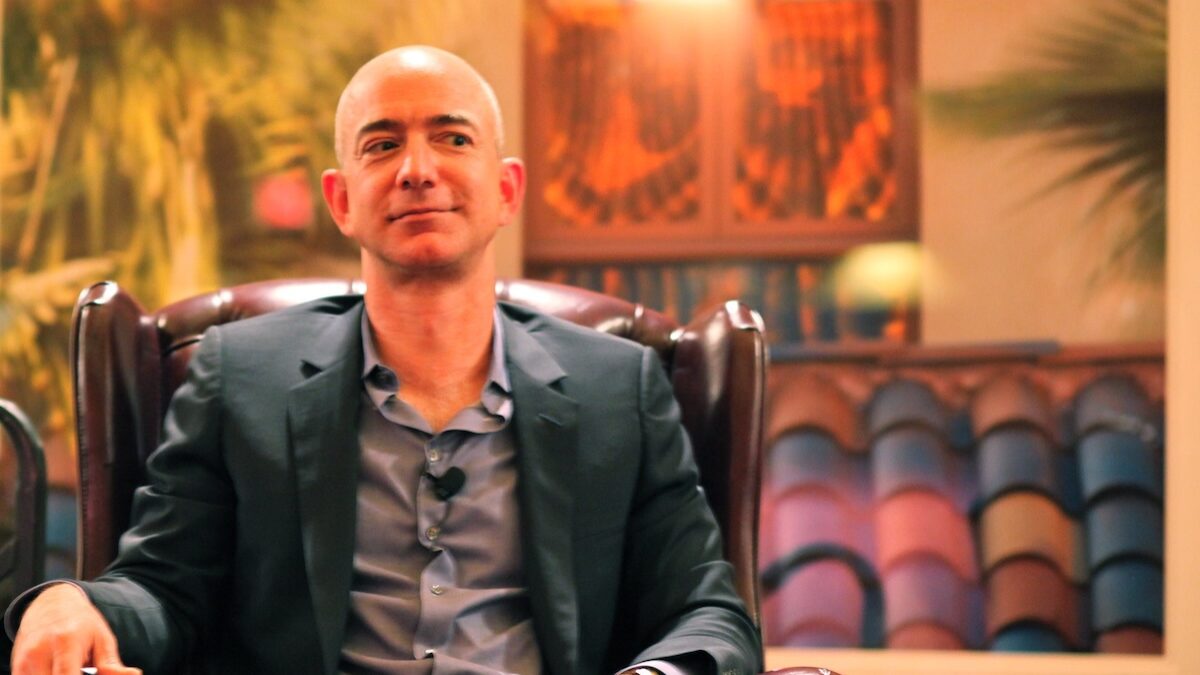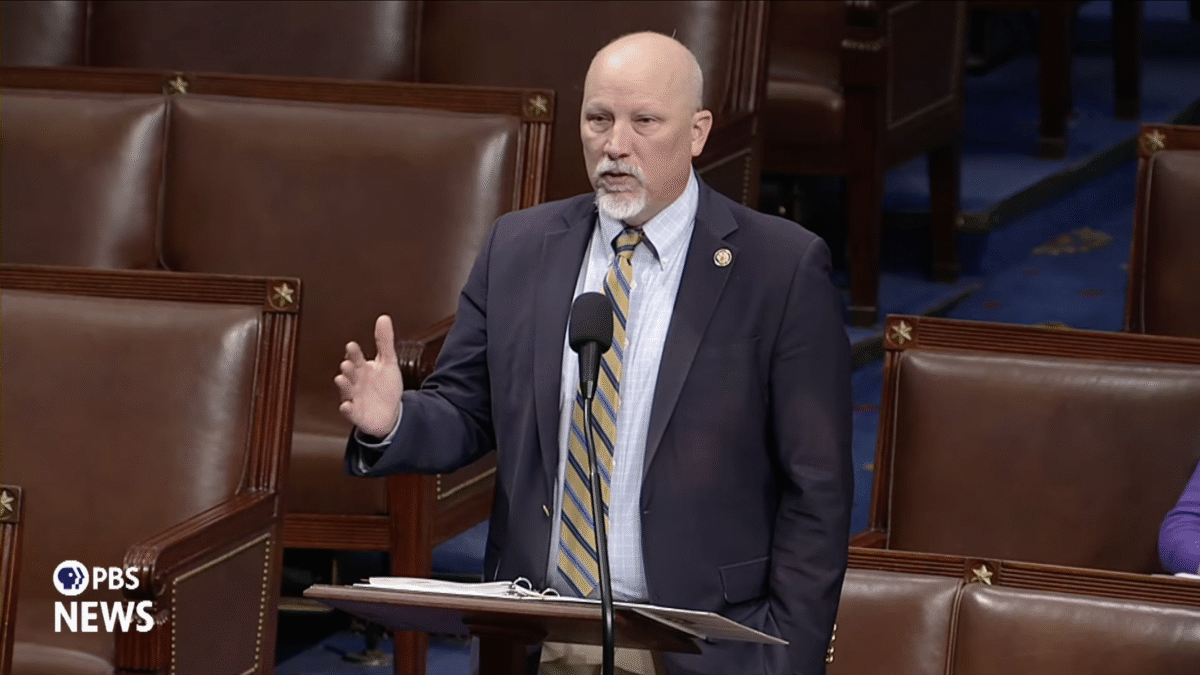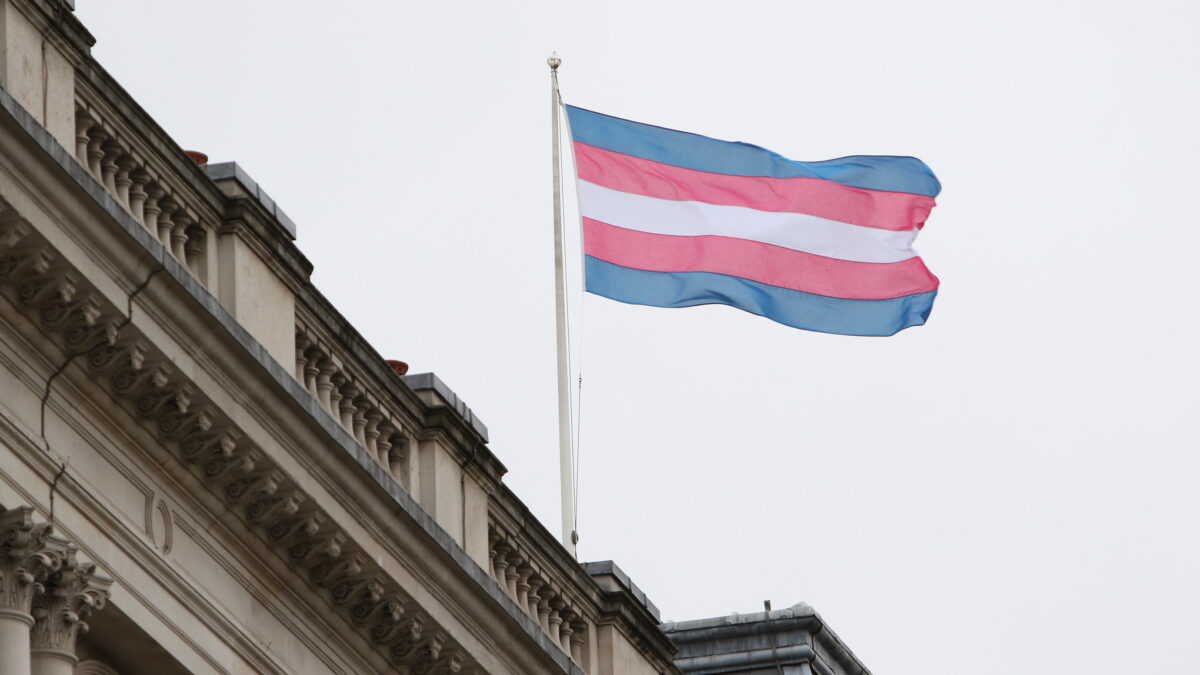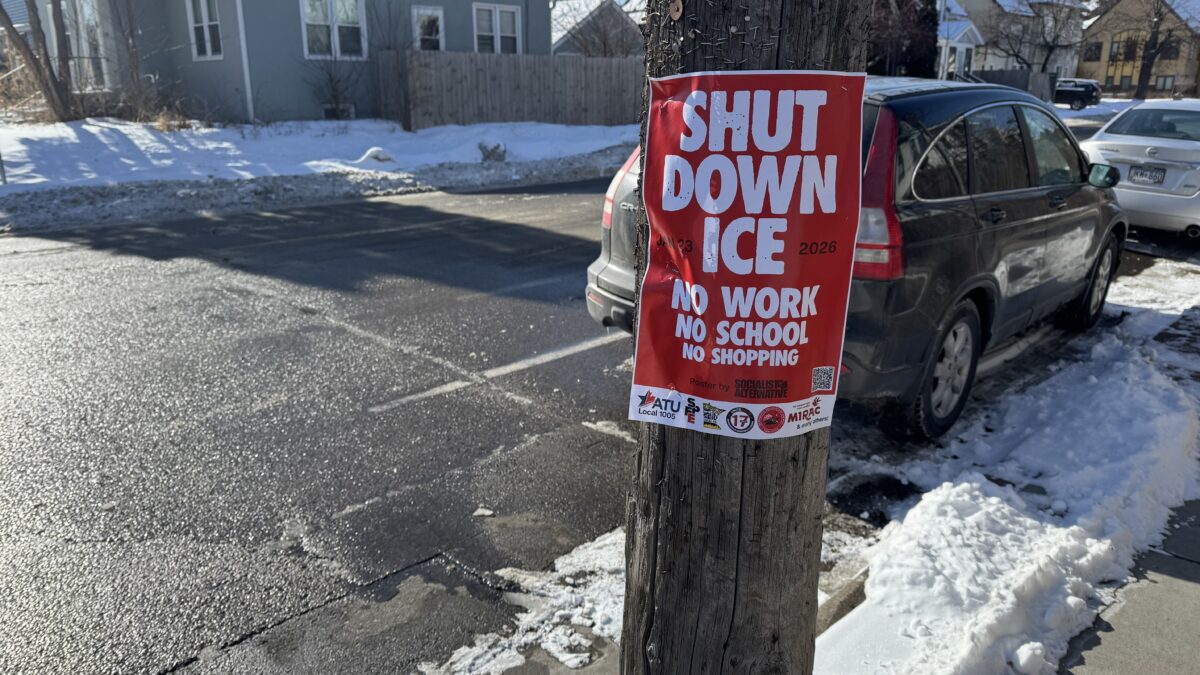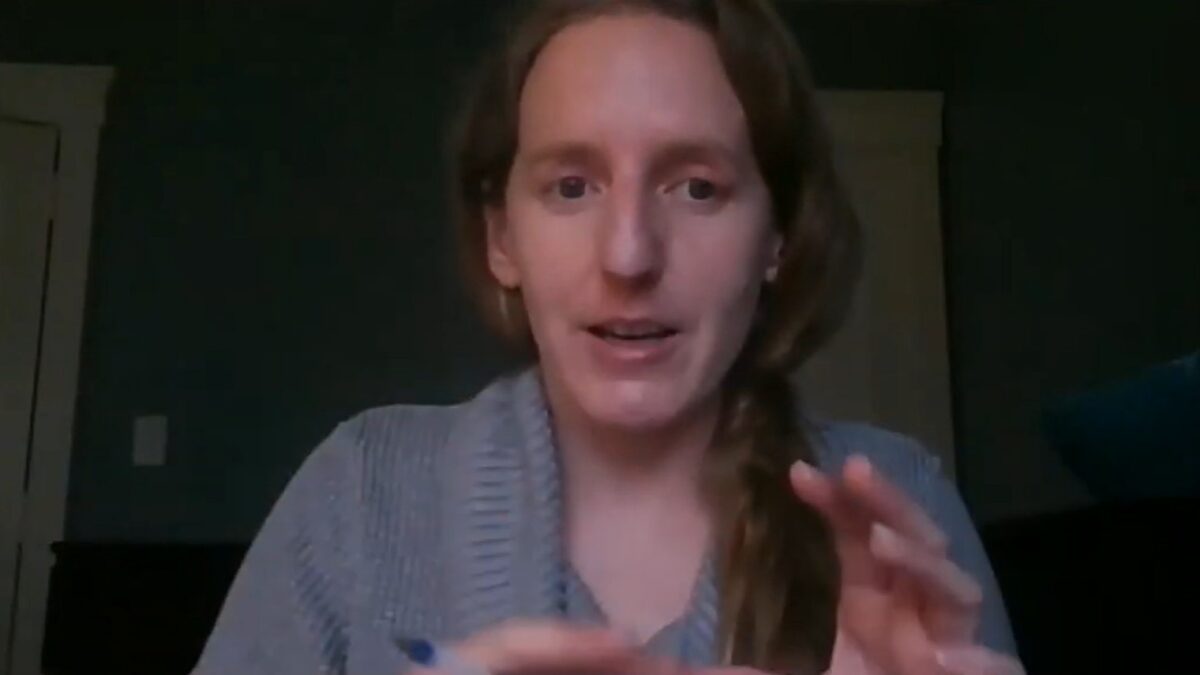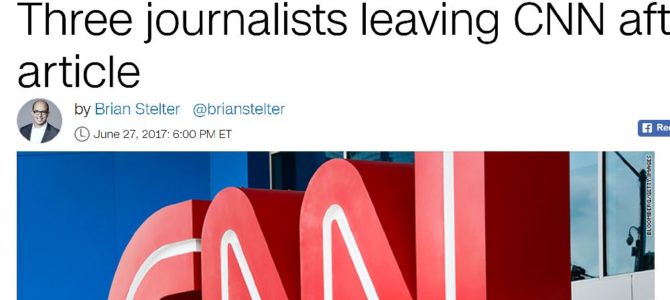
CNN recently was forced to pull one of its Russia-Trump conspiracy stories that “did not meet CNN’s editorial standards.” The discredited story was based on a single anonymous source who connected Anthony Scaramucci, a prominent ally of President Trump, to a Russian investment fund managed by a Kremlin-controlled bank.
Thomas Frank, Eric Lichtblau, and Lex Harris, three of the highly awarded journalists responsible for it, resigned. The dramatic move led prominent NeverTrump Republicans to effusively praise the media outlet:
CNN published a bad story, pulled it, apologized. 3 journalists quit. That’s impressive and decisive action. Yelling “Fake News” unfair.
— John Podhoretz (@jpodhoretz) June 27, 2017
Whoa. Lichtblau is one of those leaving. CNN is taking this really seriously, and setting quite an example for media accountability. https://t.co/Qv3uRu22sO
— Seth Mandel (@SethAMandel) June 26, 2017
These reactions were the only response from conservatives that CNN host and senior media correspondent Brian Stelter highlighted in his June 26 newsletter.
No media outlet is perfect. Even the best reporters make serious mistakes. When that happens, as it will, it’s best to take responsibility and move on, as CNN did in this case. Certainly this decisive action taken in response to a serious problem is a great start.
But taking responsibility for just one of the many flawed stories CNN has been pushing is nowhere near sufficient a response to the institutional problems plaguing the media outlet. The serious problems with CNN’s approach to the Russia-Trump collusion conspiracy are much deeper than just one story, go back many months, and involve several stories and larger themes that no one at CNN has bothered to sufficiently explain. Let’s look at a few of those stories.
The ‘Dossier’ Story
Because of Trump’s kind words about Putin and Russia, Russia’s role in the hacking of Hillary Clinton-related emails, and the shock of Clinton’s loss forcing people to seek an explanation, a Russia narrative took off shortly after the election. “Shattered,” a new book about the 2016 Clinton campaign, helps explain a bit about why:
In other calls with advisers and political surrogates in the days after the election, Hillary declined to take responsibility for her own loss. ‘She’s not being particularly self-reflective,’ said one longtime ally who was on calls with her shortly after the election. Instead, Hillary kept pointing her finger at Comey and Russia. ‘She wants to make sure all these narratives get spun the right way,’ this person said.
That strategy had been set within twenty-four hours of her concession speech. Mook and Podesta assembled her communications team at the Brooklyn headquarters to engineer the case that the election wasn’t entirely on the up-and-up. For a couple of hours, with Shake Shack containers littering the room, they went over the script they would pitch to the press and the public. Already, Russian hacking was the centerpiece of the argument.
In Brooklyn, her team coalesced around the idea that Russian hacking was the major unreported story of the campaign, overshadowed by the contents of stolen e-mails and Hillary’s own private-server imbroglio.
The Clinton campaign might not have been good at winning, but they were good at working with a largely compliant media. By December, the Russia narrative was set. Obama intelligence officials were leaking damaging information to prominent media outlets throughout the month, but things really got going in early January.
That’s when senior Obama intelligence officials leaked to CNN that they had briefed President-elect Trump on the existence of the “Russian dossier” full of compromising claims about him. This opposition research document had been floating around DC throughout the campaign but was not taken terribly seriously prior to the CNN report.
CNN’s story, bylined by Evan Perez, Jim Sciutto, Jake Tapper, and Carl Bernstein, was absolutely explosive. Headlined, “Intel chiefs presented Trump with claims of Russian efforts to compromise him,” it could not have sounded worse. Let’s review just how this information was presented:
Classified documents presented last week to President Obama and President-elect Trump included allegations that Russian operatives claim to have compromising personal and financial information about Mr. Trump, multiple US officials with direct knowledge of the briefings tell CNN.
The allegations were presented in a two-page synopsis that was appended to a report on Russian interference in the 2016 election. The allegations came, in part, from memos compiled by a former British intelligence operative, whose past work US intelligence officials consider credible. The FBI is investigating the credibility and accuracy of these allegations, which are based primarily on information from Russian sources, but has not confirmed many essential details in the memos about Mr. Trump.
The classified briefings last week were presented by four of the senior-most US intelligence chiefs — Director of National Intelligence James Clapper, FBI Director James Comey, CIA Director John Brennan, and NSA Director Admiral Mike Rogers.
To make it absolutely clear what the significance of the story was:
Some of the memos were circulating as far back as last summer. What has changed since then is that US intelligence agencies have now checked out the former British intelligence operative and his vast network throughout Europe and find him and his sources to be credible enough to include some of the information in the presentations to the President and President-elect a few days ago.
This is the story that really got the Russia collusion conspiracy going. The unlikely heroes of this story are the folks at BuzzFeed, who published the actual dossier almost immediately after CNN’s story went live. At first, it broke the Internet, as journalists highlighted the more explosive claims in the dossier, such as that the compromising information on the president included information that he paid Russian prostitutes to urinate on a bed that the Obamas slept in at the Moscow Ritz.
But publishing the dossier revealed to everyone how unbelievably stupid and shoddy it was. It was a complete joke, more or less. It didn’t make Trump look bad, it made the intelligence chiefs who claimed to be taking it seriously look like a bunch of amateurs.
The man who wrote it had paid sources for information using middlemen. Allegations contained in the document were immediately disproven, such as one “collusion” claim about a meeting between a Trump attorney and a Russian official in Prague. The attorney had never visited Prague.
We know (or so an anonymous leaker told CNN months later) the FBI used the dossier to secure a warrant to spy on an American citizen associated with Trump. And we know (or so anonymous sources told the Washington Post in February) that the FBI was trying to pay the opposition researcher who created the document, to continue to come up with info on Trump before the election. (The FBI refuses to confirm or deny if they did in fact pay him.) We also learned that the firm behind the dossier may have been funded by Russians.
But thanks to BuzzFeed, we now know that the document includes basic errors in fact, claims that are verifiably wrong, financially outlandish claims, sexually outlandish claims, implausible political claims, and contradictory information on business deals. CNN had the opportunity to verify the details prior to publication. They should have checked the easily confirmable or refutable details before they ran to press. If BuzzFeed hadn’t published the document, the dramatic framing the story’s authors chose would have been out there for months as opposed to exposed as laughable and dodgy almost immediately.
I know that when senior intelligence chiefs are handing over juicy details and positioning their significance as explosive, it’s tempting to just run with it. But there’s a reason journalists are encouraged to be skeptical of claims made by people who are not willing to sign their names to the information. It’s because it’s easily manipulated. By being too trusting of the anonymous Obama officials who gave them the information, CNN potentially missed a much more interesting story about intelligence chiefs playing politics not just in the weeks before the inauguration but, indeed, throughout much of the 2016 campaign.
Collusion!
It’s hard to narrow down from the dozens of CNN stories that pushed claims of Trump colluding with Russia, but let’s look at this one from March, headlined, “US officials: Info suggests Trump associates may have coordinated with Russians.”

The headline couldn’t be more explosive. The copy, however, is anything but. The words “suggests,” “indicates,” “suspected,” “possibly, “may,” “not conclusive,” and “possible” were no barrier to breathless hours of coverage from the media outlet, an example of which you can see at the link above. The story was bylined by Pamela Brown, Evan Perez, Shimon Prokupecz, and Jim Sciutto.
Another story, by Pamela Brown, Jim Sciutto, and Evan Perez, made the outlandish claim that “Trump aides were in constant touch with senior Russian officials during campaign.” I’m not in constant contact with my own family whom I live with, but okay, CNN.
Also, now is probably a fine time to mention that Sciutto is a former Obama administration employee, information I’ve never seen mentioned as he reports on leaks from intelligence agencies.
Susan Rice
House Intel Committee Chairman Devin Nunes (R-CA) revealed that some Obama administration unmasking of Trump associates concerned him. Bloomberg’s Eli Lake reported that none other than Obama National Security Adviser Susan Rice was one of the people responsible for the unmasking of Trump officials’ identities. The information was disseminated widely through the government. And there is no word yet whether any of the massive amounts of leaking from intelligence officials was related to this unmasking and dissemination.
At the time of Nunes’ initial claim, Rice had been asked if she knew anything about it. She told her interviewer she did not, though she has a reputation for giving others false information. So the news that Rice was one of the unmaskers was pretty big.
CNN chose to cover it by downplaying it every step of the way. CNN’s national security correspondent Jim Sciutto, who in addition to being a former member of the Obama administration is also an old colleague of Susan Rice’s husband, said, “this appears to be a story largely ginned up, partly as a distraction from this larger investigation.” He also wrote this hilarious tweet, and note the role the word “improperly” plays in it:

Host Don Lemon said, “We will not insult your intelligence by pretending otherwise, nor will we aid and abet the people who are trying to misinform you, the American people, by creating a diversion.” The chyrons kept claiming the Rice story was “false” even though she herself didn’t deny she had unmasked information on U.S. citizens who were political opponents.
The Comey Testimony Debacle
Another black eye for CNN came just a few weeks ago when the media outlet published and repeatedly broadcast another false Russia-related story. That one, bylined by Gloria Borger, Eric Lichtblau, Jake Tapper, and Brian Rokus, received heavy play on air and online. It was based on sources extremely close to former FBI Director James Comey, close enough to describe his thinking. Here’s how CNN originally put it in the first two explosive paragraphs:
In his much-anticipated congressional testimony on Thursday, fired FBI Director James Comey will dispute President Donald Trump’s blanket claim that he was told he was not under investigation multiple times, according to sources familiar with Comey’s thinking.
Rather, one source said that Comey is expected to tell senators that he never assured Trump he was not under investigation, because such assurances would have been improper. Another source hinted that the President may have misunderstood the exact meaning of Comey’s words, especially regarding the FBI’s ongoing counterintelligence investigation.
The story dominated CNN’s pre-hearing coverage as viewers were told over and over and over again that Comey would contradict Trump’s claim. Borger said on air, “Comey is going to dispute the president on this point if he’s asked about it by senators, and we have to assume that he will be. He will say he never assured Donald Trump that he was not under investigation, that that would have been improper for him to do so.”
As we all know now, this story was false because these sources were claiming things that were completely false. In fact, Comey’s testimony not only revealed that he told Trump the latter wasn’t under investigation, he did so three times. Just like President Trump said. What’s more, the first instance was initiated by Comey.
Life comes at you at a brisk pace pic.twitter.com/zwzi60fhXF
— Alex Griswold (@HashtagGriswold) June 7, 2017
When this embarrassingly false story came to light, CNN didn’t pull the story but, rather, issued a very odd “correction and update” along with a massively rewritten headline and story:
This article was published before Comey released his prepared opening statement. The article and headline have been corrected to reflect that Comey does not directly dispute that Trump was told multiple times he was not under investigation in his prepared testimony released after this story was published.
“Does not directly dispute that Trump was told multiple times he was not under investigation” is a very odd way to say “completely confirms in every way what Trump said about being told he was not under investigation.”
No one was fired. No one resigned. No sources who gave false testimony were burned. No explanation from the sources was demanded or published. We still have no idea what happened with this story that was so integral to the media outlet’s Russia conspiracy coverage. Did the sources disappear after relaying false information? What exactly went wrong here? Should these sources have been described as knowledgeable? Were they intentionally misleading CNN reporters?
What’s Going On?
CNN’s hostility to Trump is off the charts. Harvard Kennedy School’s Shorenstein Center on Media, Politics and Public Policy calculated that 93 percent of CNN’s coverage of Trump in his first 100 days in office was negative. This media outlet has the most negative coverage of Trump by far. I recently watched a panel stacked with seven Trump opponents against one Trump supporter. The outlet’s leadership reportedly open discusses “war” with the president.
CNN has also been hit by undercover activists who have caught two employees making statements that contradict the media outlet’s Russia conspiracy focus. One senior producer said the Russia story is “mostly bulls***,” and that Trump is right to say he’s a victim of a “witch hunt.” He also said that the Russia story is being pushed at the outlet simply for ratings. Van Jones, a CNN analyst, was revealed in a snippet of video to call the Russia story a big “nothingburger.”
Both of these employees are saying obvious things that are only surprising because they don’t match what is being said on air. But employees are said to be struggling with how the network is handling itself.
“Staffers at CNN saw the retraction episode as embarrassing, and expressed chagrin at having given Trump such powerful ammunition,” a recent Politico story reports. A New York Times story about the retraction said executives were more worried about the botched Comey story.
Among newsroom executives, however, the big concern was a bungled story earlier in June, which incorrectly predicted the congressional testimony of James B. Comey, former F.B.I. director. Mr. Zucker was deeply upset about the error and the ensuing correction, and made clear to his staff that the network would not tolerate mistakes amid such intense public scrutiny.
But whether it’s the embarrassingly false Comey story, the discredited dossier hit job, the retracted collusion story, or any of the other thinly sourced and overhyped collusion stories, all of these problems are similar. The journalists are getting bad information from anonymous sources, not being transparent about what has gone wrong when sourcing fails, and generally being too credulous with anonymous — always anonymous — sources.
Yes, letting three employees go is a good first step. But more needs to be done to restore credibility.



